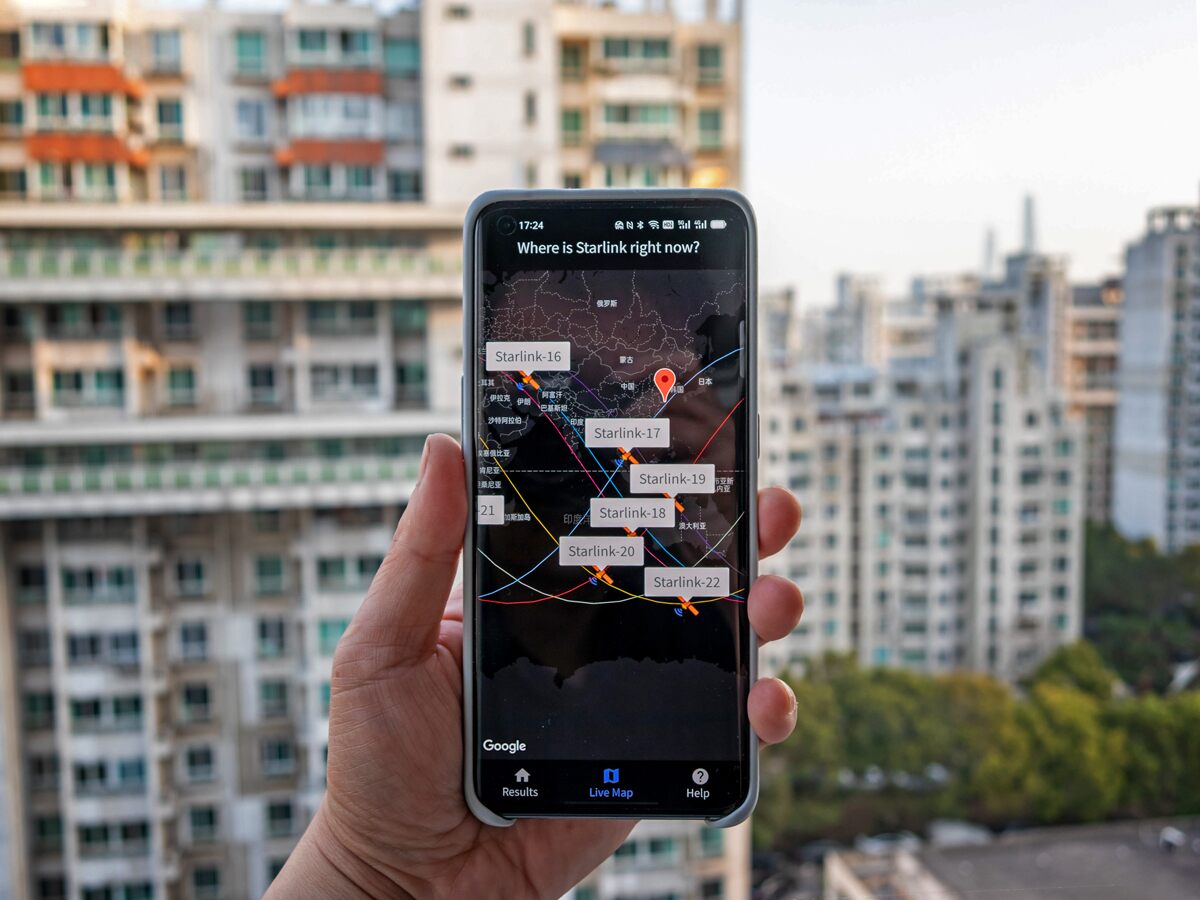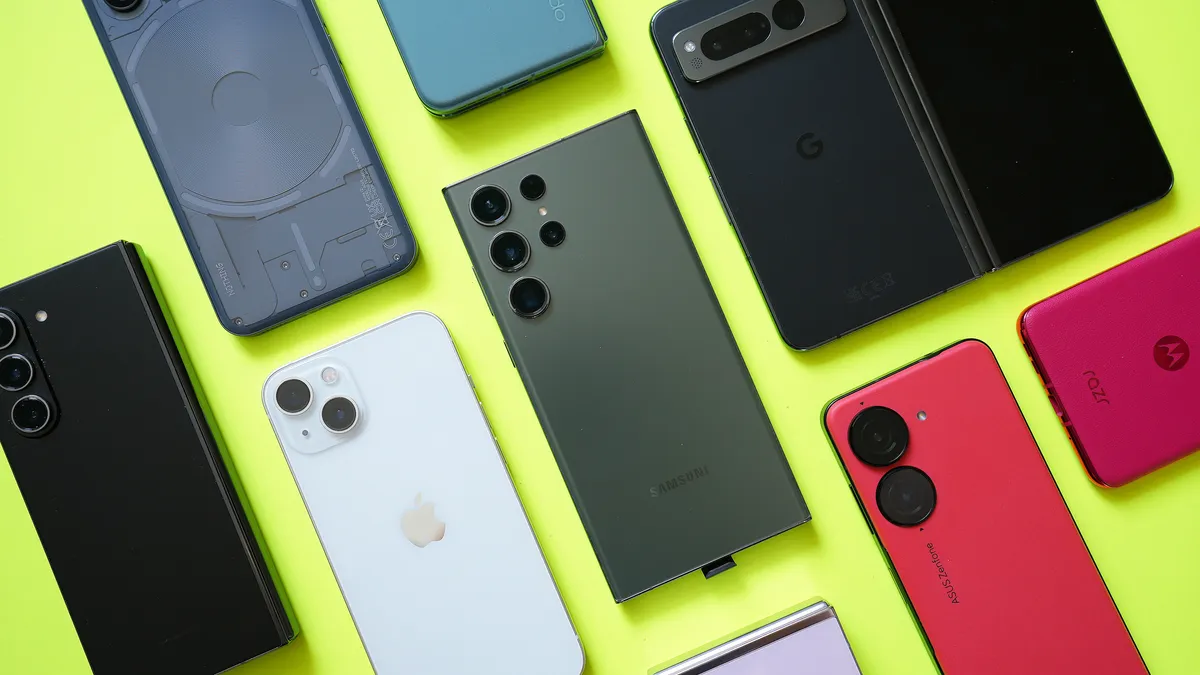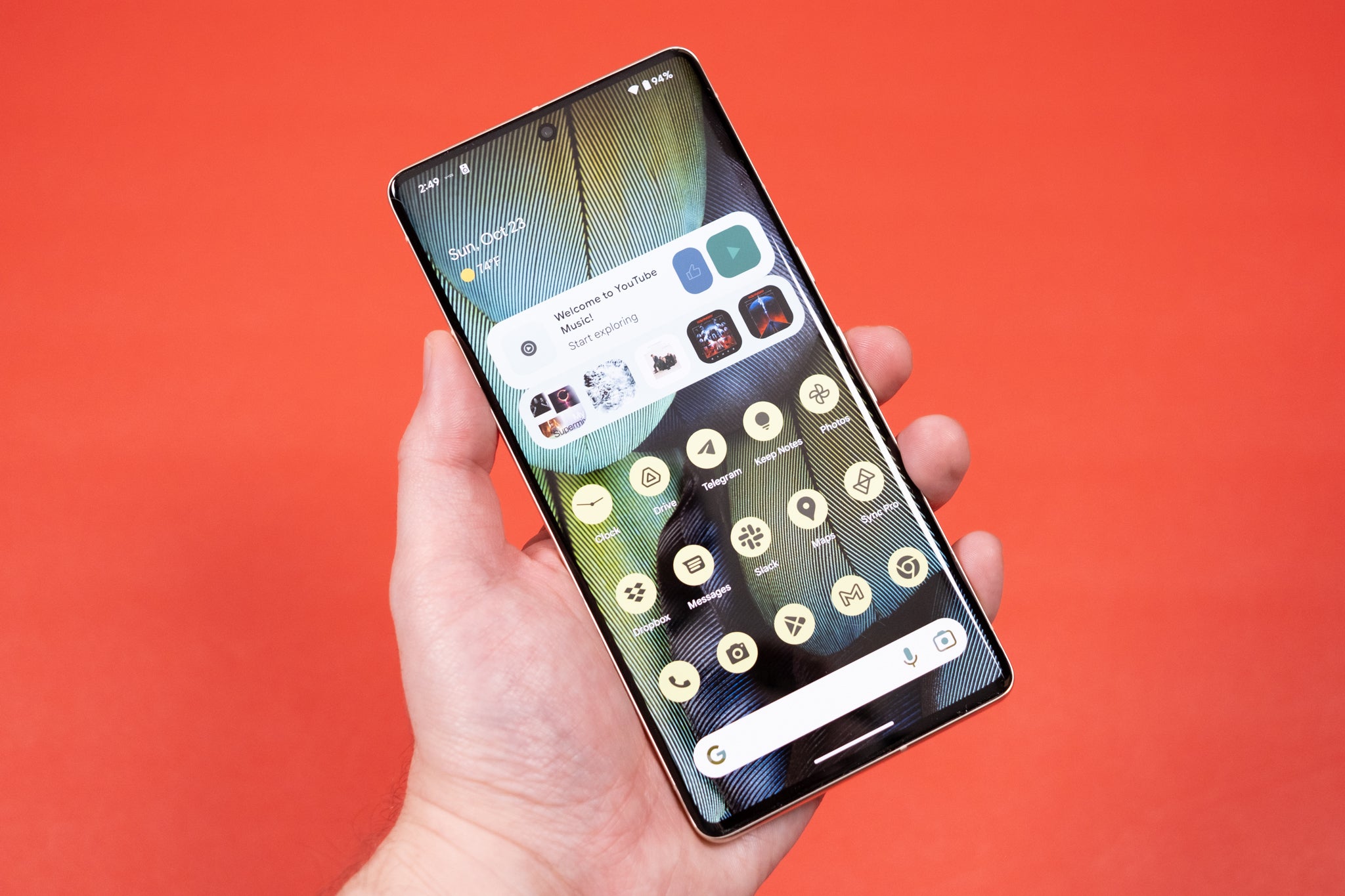A new technological breakthrough has emerged from stealth mode, promising to revolutionize GPS accuracy using common cell phones. Zephr, a startup founded by a team of industry veterans, aims to address the long-standing issue of mobile device GPS accuracy, which has hindered the potential of various location-based applications, such as gaming and fitness tracking.
Key Takeaway
Zephr has emerged from stealth mode with a groundbreaking solution to improve GPS accuracy using cell phones. By leveraging raw satellite measurements from multiple mobile devices, Zephr can calculate an error correction that significantly enhances GPS accuracy. The company’s innovative approach has attracted significant investor attention, including a $3.5 million seed round. Zephr’s technology not only benefits existing applications but also has the potential to disrupt industries like autonomy, robotics, and augmented reality.
Improving GPS Accuracy with Raw Satellite Measurements
Zephr’s founders, Sean Gorman and Pramukta Rao, experienced the challenge of GPS accuracy while working on a visual positioning system project for a company campus. They realized that the traditional method of using a highly accurate base station with massive antennas was not feasible for widespread implementation. However, they noticed that there was a wealth of raw GPS data available from people’s cell phones.
Their groundbreaking solution involves leveraging the raw satellite measurements from multiple cell phones to calculate an error correction, similar to the one generated by receiver base stations. Zephr’s software server processes the measurements from a group of phones in a given area, aggregates the data, and sends back the error correction to improve the GPS accuracy of each device.
By crowdsourcing GPS measurements anonymously and collectively, Zephr can significantly enhance the accuracy of GPS readings. The company has found that just 10-15 mobile phones within a 10-kilometer radius are sufficient to achieve a remarkable improvement in GPS accuracy.
Validation and Investment
Zephr’s concept has gained recognition and financial support from investors. The company recently secured a $3.5 million seed round led by Space Capital and First Spark Ventures. To validate their solution, Zephr worked closely with SRI International, a research organization specializing in positioning, navigation, and timing. The rigorous testing conducted at SRI’s lab confirmed the viability of Zephr’s approach, leading to an investment from SRI Ventures, the organization’s venture arm.
Beyond Smartphone Applications
While Zephr has garnered significant interest from sectors such as rideshare, location-based gaming, and advertisement technology, the company envisions its technology having profound implications in long-term markets. Specifically, industries like autonomy, robotics, and augmented reality require highly precise and cost-effective positioning measurements. Zephr’s innovation has the potential to augment or replace expensive visual positioning systems, eliminating the need for extensive data collection and mapping efforts.























